-
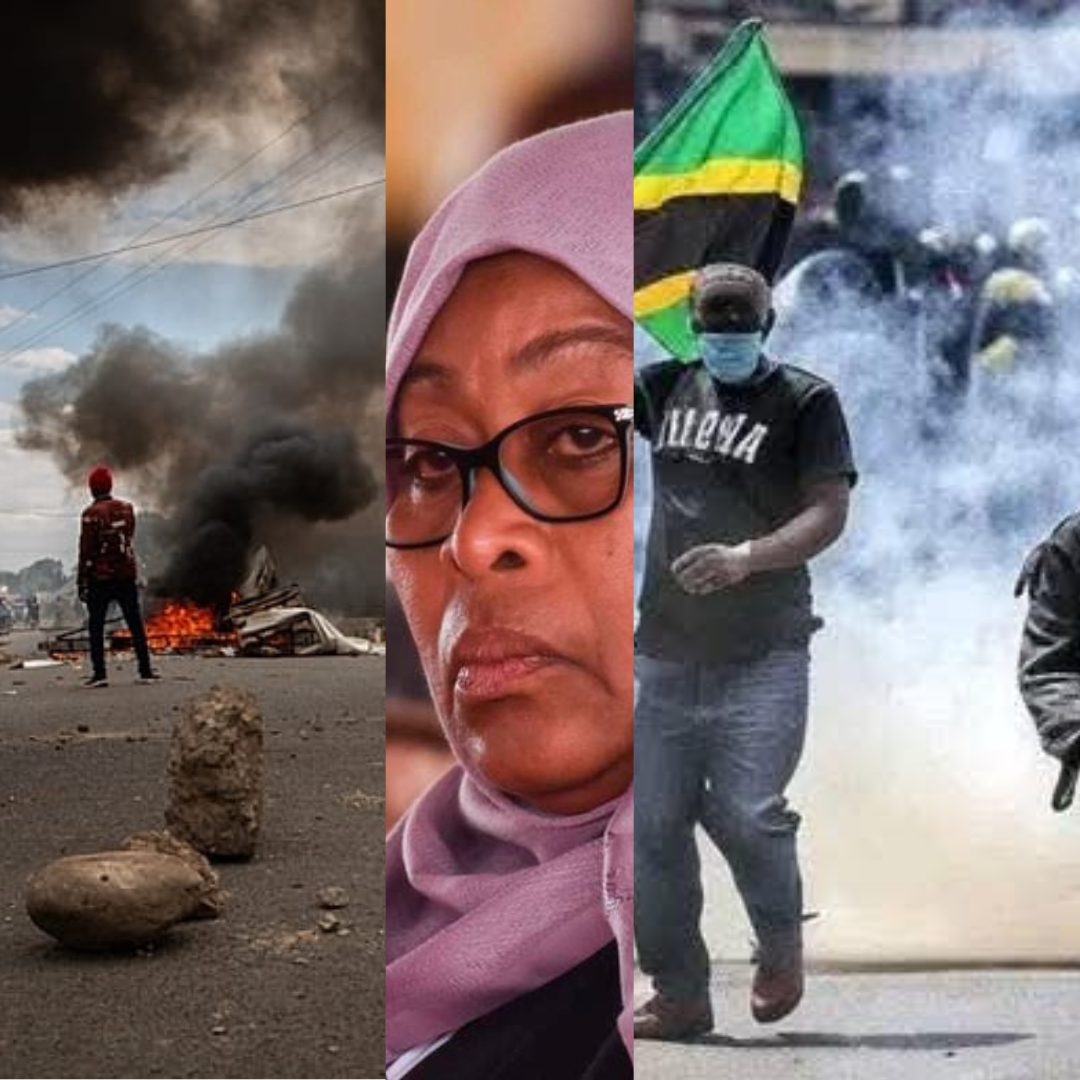 SULUHU STILL AS BONGO BURNS
SULUHU STILL AS BONGO BURNS
-
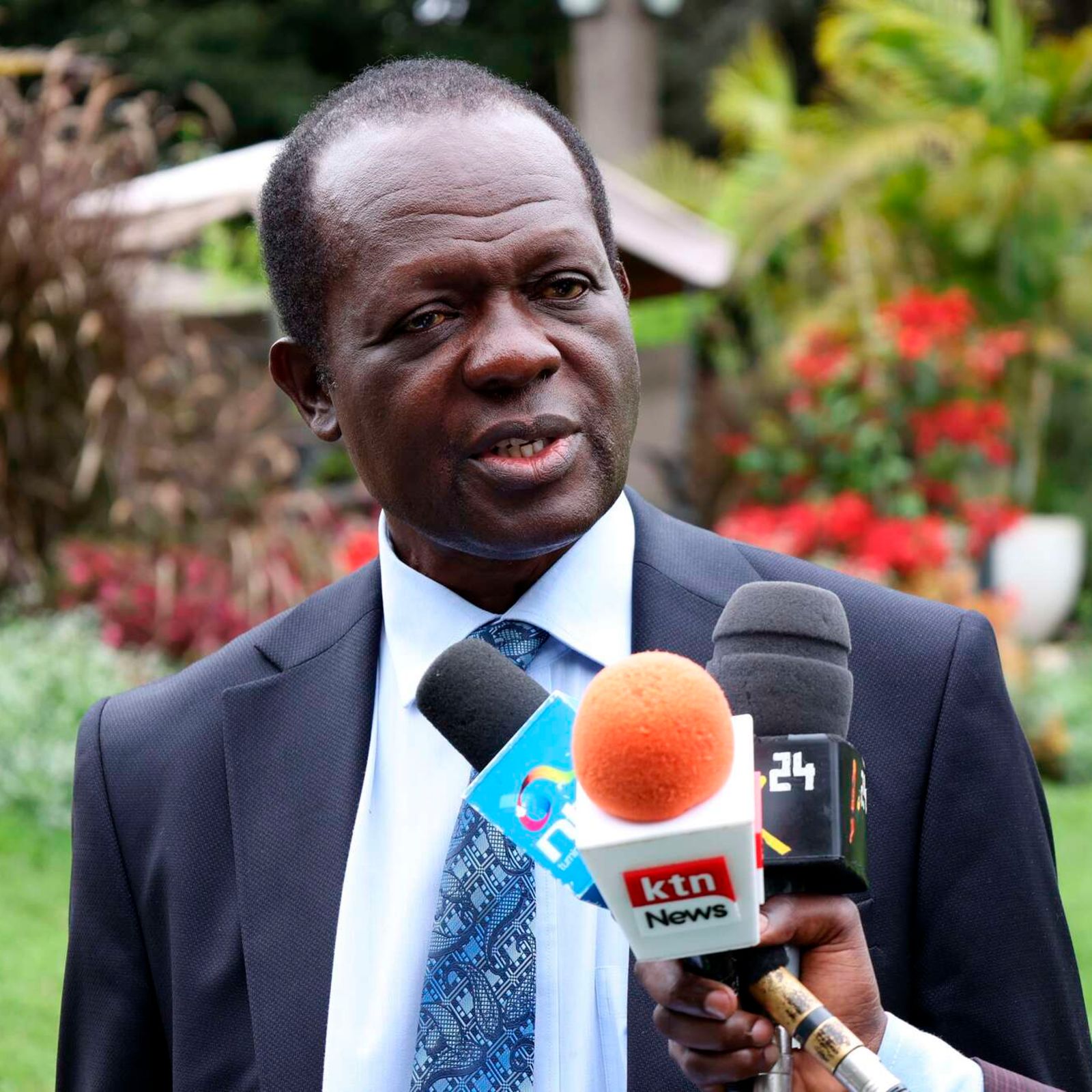 TUJU SETS TO RETURN TO HIS FORMER KTN NEWS DESK
TUJU SETS TO RETURN TO HIS FORMER KTN NEWS DESK
-
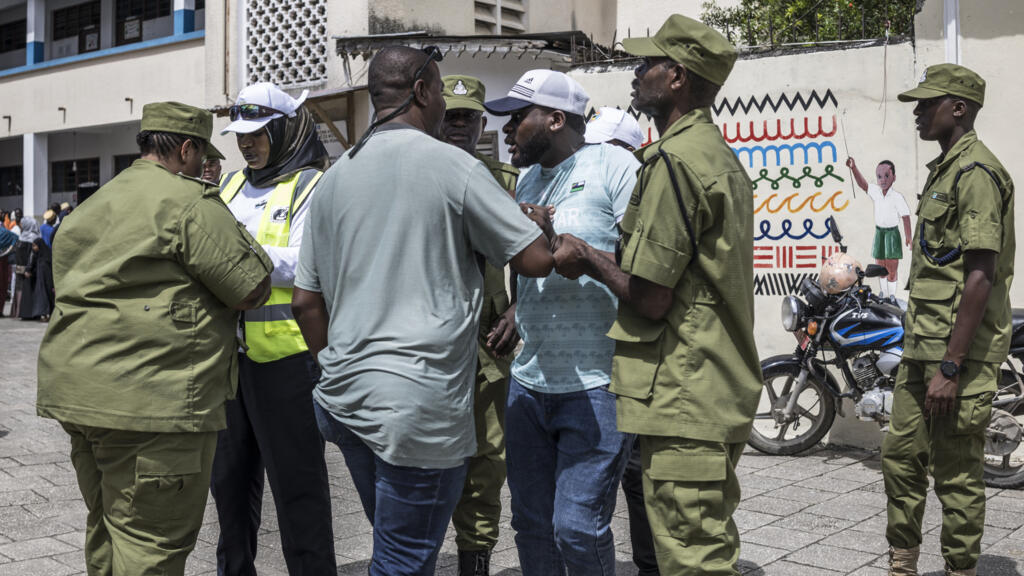 TANZANIA ELECTIONS CHAOS
TANZANIA ELECTIONS CHAOS
-
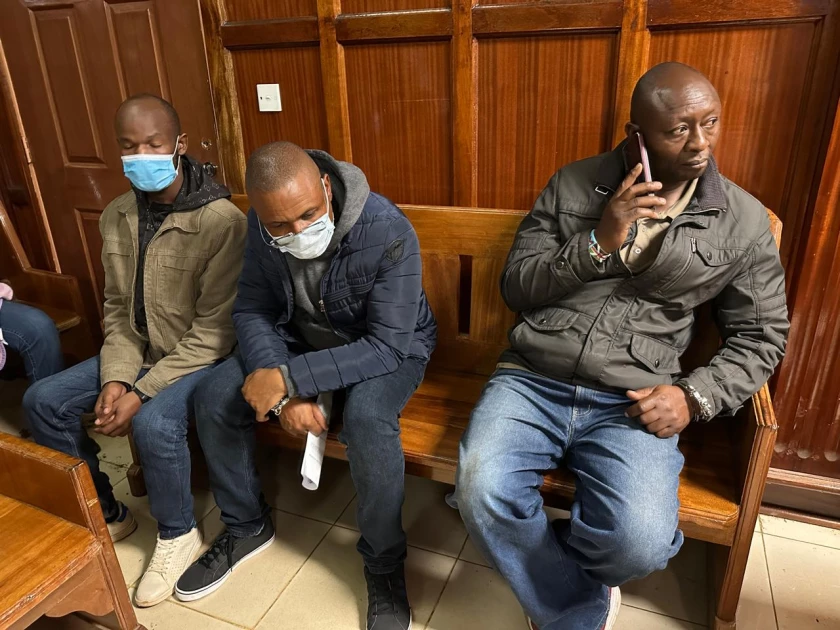 Five in SHA Fraud
Five in SHA Fraud
-
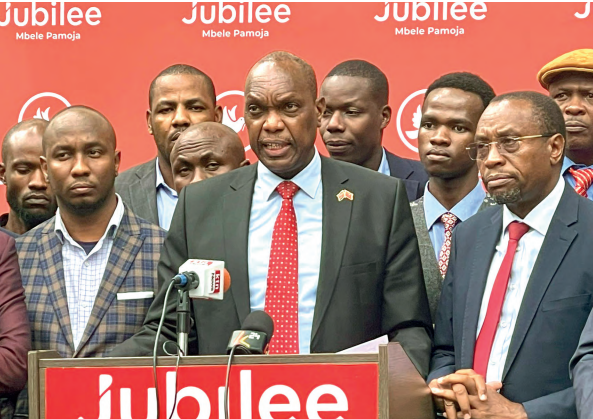 JUBILEE ENDORSES MATIANG'I AS PRESIDENTIAL CANDIDATE
JUBILEE ENDORSES MATIANG'I AS PRESIDENTIAL CANDIDATE
-
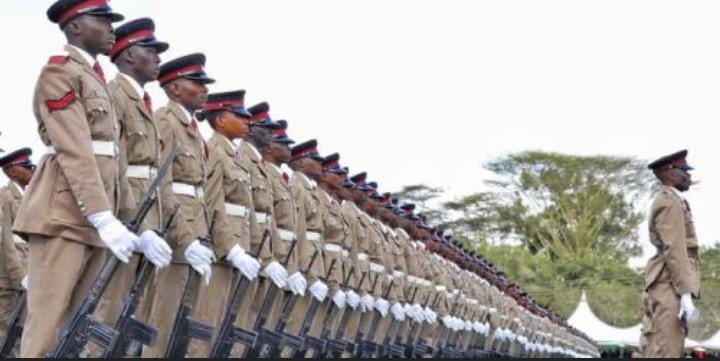 Court Halts Police Hiring
Court Halts Police Hiring
-
 RED CROSS RESCUES A MAN
RED CROSS RESCUES A MAN
-
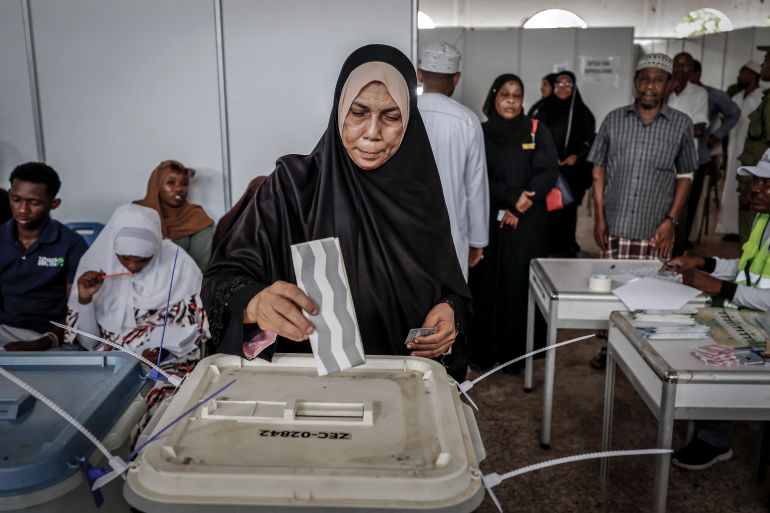 FEAR HAUNTS TANZANIA ELECTIONS
FEAR HAUNTS TANZANIA ELECTIONS
-
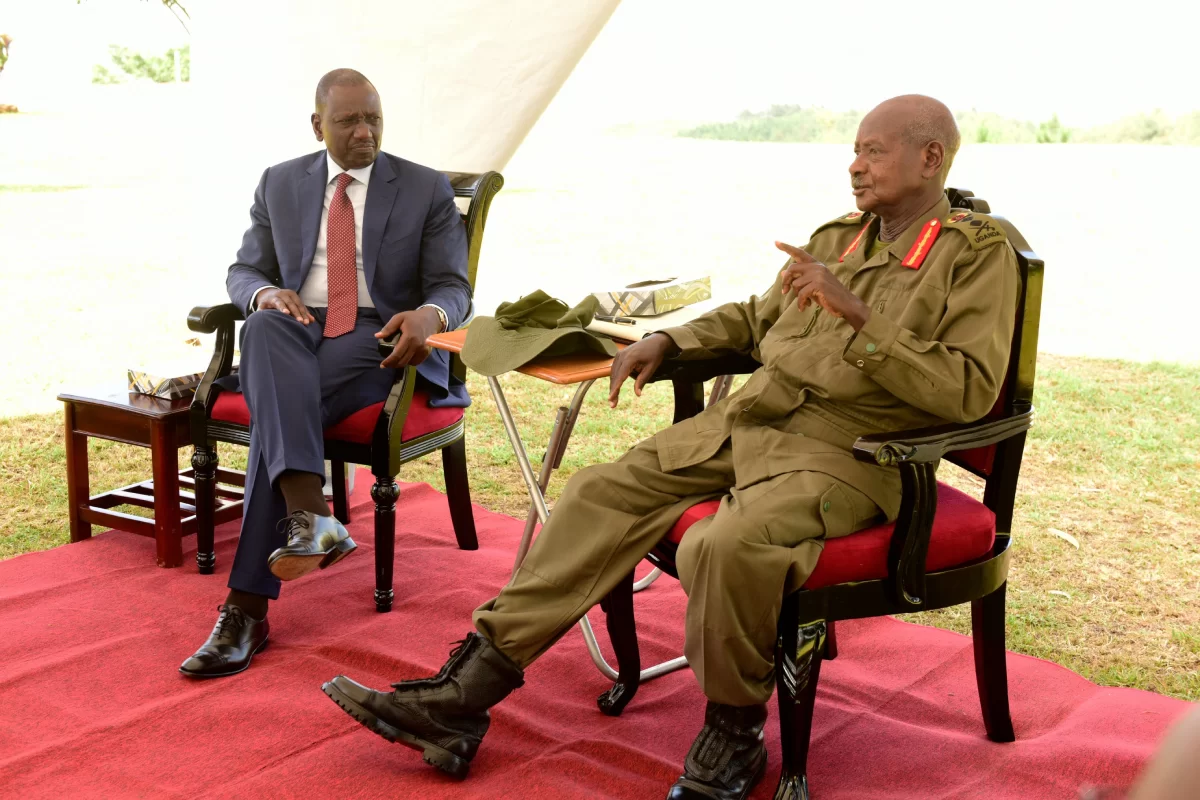 MUSEVENI TURNS HEAT ON RUTO - " KENYA MUST PAY FOR THE BLOOD OF OUR EXPERTS AND SOLDIERS."
MUSEVENI TURNS HEAT ON RUTO - " KENYA MUST PAY FOR THE BLOOD OF OUR EXPERTS AND SOLDIERS."
SULUHU STILL AS BONGO BURNS

Tanzania has plunged into turmoil as post-election chaos spreads across major cities, leaving hundreds feared dead and thousands detained. President Samia Suluhu Hassan’s prolonged silence has deepened national anxiety, with growing speculation over her whereabouts amid the widening unrest.
What began as peaceful demonstrations on election day, October 29, quickly escalated into violent clashes between protesters and security forces in Dar es Salaam, Arusha, and Mwanza.
The protests erupted after the government barred several key opposition candidates from running — a move that effectively cleared the path for the ruling Chama Cha Mapinduzi (CCM) party to claim an uncontested victory.
Eyewitnesses described chaotic scenes as the army and police moved in with live ammunition, rubber bullets, and tear gas to disperse crowds. Hospitals in Arusha and Morogoro reported an influx of casualties, while humanitarian agencies warn that many deaths may have gone unrecorded.
According to opposition sources, more than 700 people have been killed since the unrest began, though the United Nations Human Rights Office has confirmed at least 10 civilian deaths based on verified accounts.
A senior diplomat stationed in Dar es Salaam told Reuters that “dozens” were feared dead, but the true figure remains uncertain due to movement restrictions and an ongoing internet blackout.
The National Electoral Commission (NEC) announced that President Suluhu secured about 84 percent of the vote — a landslide victory that has been dismissed by opposition groups and independent observers as a “sham.”
In the semi-autonomous region of Zanzibar, CCM candidate Hussein Mwinyi was declared winner with 78.8 percent, sparking fresh demonstrations and accusations of “massive fraud.” Opposition leaders claim ballot boxes were stuffed, agents barred from counting centers, and voters intimidated in several strongholds.
Election observers from the East African Community and European Union voiced “grave concern” over the lack of transparency in the tallying process, warning that Tanzania’s democratic reputation was at risk of “irreversible damage.”
In an apparent attempt to contain the uprising, the government ordered a nationwide internet shutdown, restricted press movement, and deployed the military to enforce a dusk-to-dawn curfew.
Journalists and civic monitors report severe limitations in accessing polling data, video evidence, or communication with field reporters.
Universities and public institutions have been temporarily closed, while several civil society leaders remain in custody under what authorities describe as “preventive detention.”
“The country is silent — not because there is peace, but because people are terrified,” said one Dar es Salaam-based activist, speaking anonymously for fear of reprisal.
The U.N. Human Rights Office expressed alarm over the killings, urging Tanzanian authorities to “respect the right to peaceful assembly and refrain from unnecessary or disproportionate use of force.”
Similarly, the African Union, United States, and Commonwealth Secretariat have called for transparency, accountability, and dialogue to restore calm.
Human rights organizations, including Amnesty International and Human Rights Watch, have condemned the crackdown, warning that prolonged silence from the presidency could embolden hardline security factions to act with impunity.
President Suluhu — last seen casting her ballot in Chamwino District — has not made a public statement or appearance since election day.
Her absence has fueled speculation about whether she is in Dodoma, Zanzibar, or under security lockdown following internal divisions within the ruling party.
Government sources quoted by Standard Kenya claim she is “monitoring the situation from a secure location,” while others insist she is “deliberating on next steps.”
Whatever the case, this silence has seemingly portrayed a wide vacuum of leadership at a time when Tanzania faces one of its gravest crises since independence.
Once hailed as an oasis of stability in East Africa, Tanzania now finds itself standing on the precipice of deeper unrest.
Shops remain shuttered, smoke lingers over neighborhoods like Temeke and Gongo la Mboto, and soldiers patrol streets that were once bustling with commerce and song.
As the curfew deepens and communications remain cut off, Tanzanians are left clinging to hope — that their voices will be heard, that the violence will subside, and that their leader will finally speak.
For now, Suluhu still remains in silence as Tanzania lies in turmoil.



Comments (0)
No comments yet. Be the first to comment!